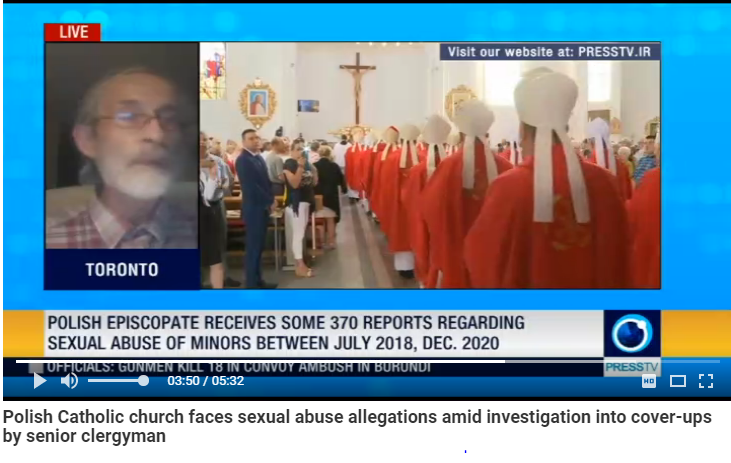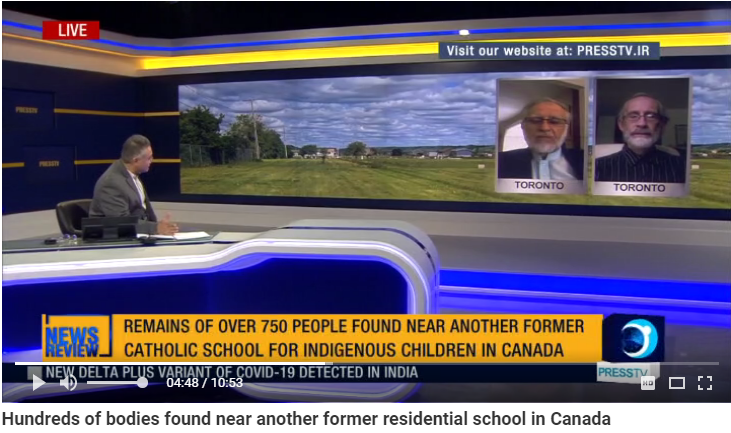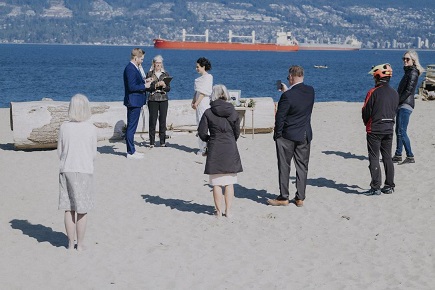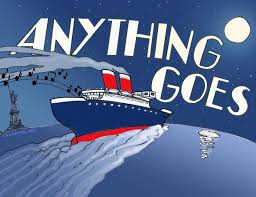Europe, Canada and US,
Presstv interview: Polish church faces sexual abuse allegations
- Written by Eric Walberg Эрик Вальберг/ Уолберг إيريك والبرغ

Presstv interview: Canada's native genocide
- Written by Eric Walberg Эрик Вальберг/ Уолберг إيريك والبرغ

Timeline 2010-2019: United States&Canada, Latin America, Europe, Africa&Asia
- Written by Eric Walberg Эрик Вальберг/ Уолберг إيريك والبرغ
Tehran slams Canada for ‘unlawful’ sale of Iran properties
- Written by Eric Walberg Эрик Вальберг/ Уолберг إيريك والبرغ
More Articles...
Page 4 of 27








